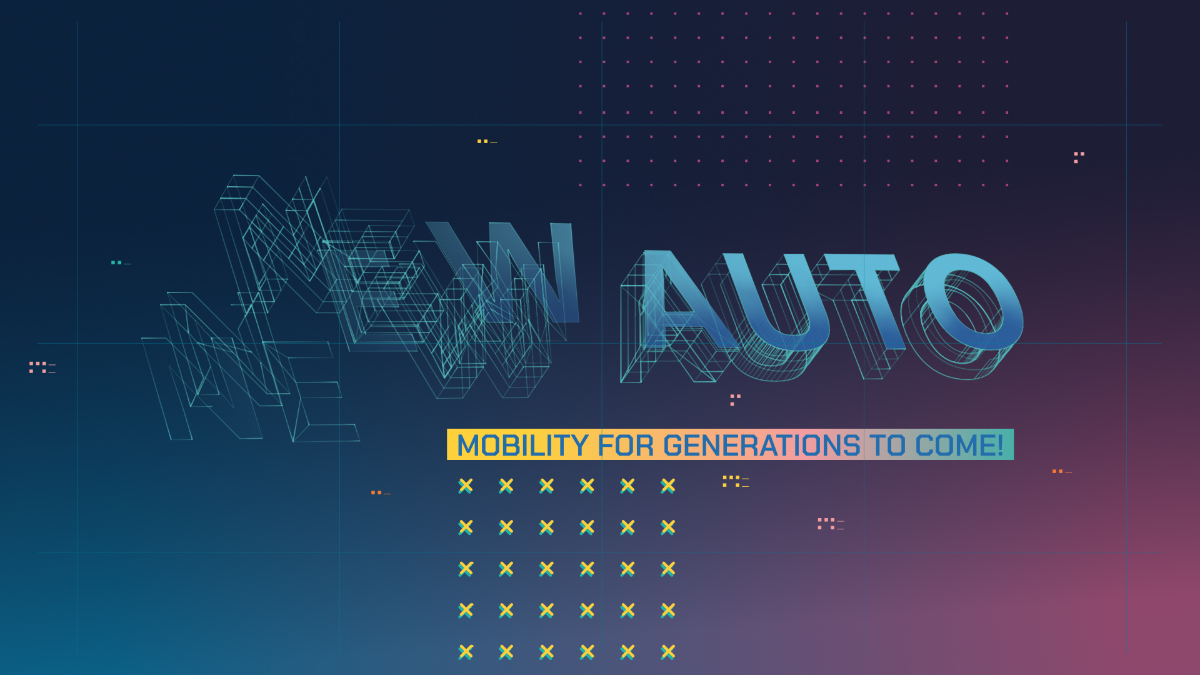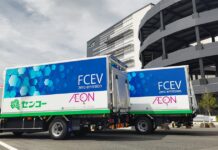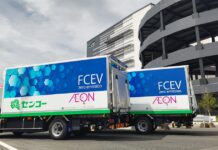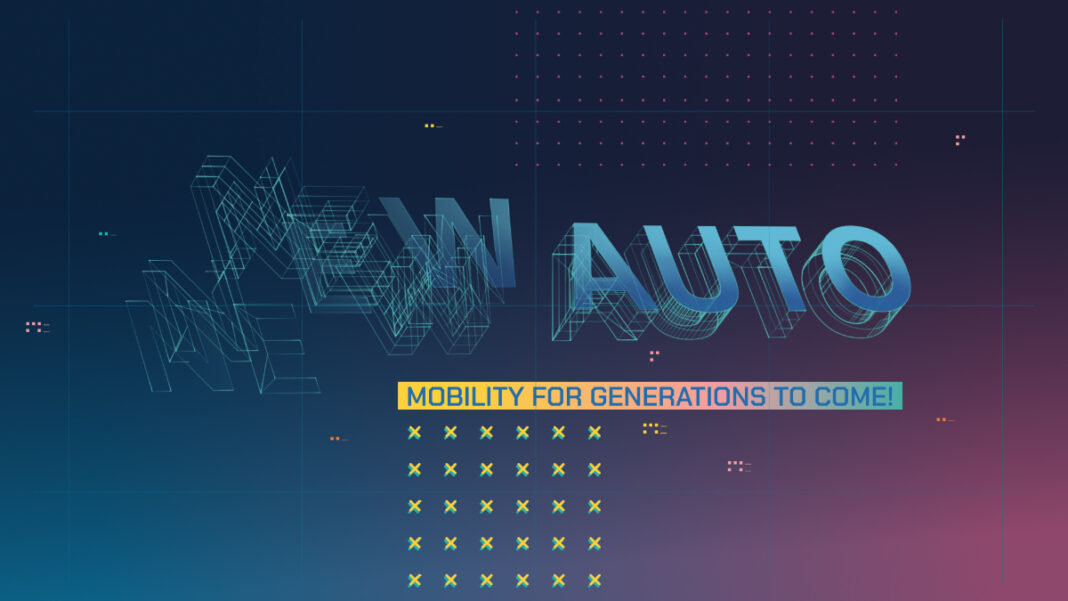
The brands of the Volkswagen Group have joined the Leather Working Group (LWG). The Group seeks to play a leading role in the auto industry in terms of responsible raw material procurement, and becoming a member of LWG is a further milestone on the way to achieving greater sustainability throughout the entire value chain.
“The Volkswagen Group is assuming responsibility for sustainable and transparent supply chains. Becoming a member of the LWG is an important step. The organization’s expertise will help us become even more sustainable in our use of leather,” said Dirk Große-Loheide, Member of the Brand Board of Management of Volkswagen responsible for Procurement and member of the Extended Executive Committee.
“Leather is a mark of quality for our customers. Together with our suppliers, we are committed to internationally accepted standards. The facilities in which our leather is manufactured is also important. They should receive certification from LWG,” says Barbara Frenkel, Executive Board Member for Procurement at Porsche AG. In the Volkswagen Group, Porsche AG is responsible for evaluating sustainability risks in leather sourcing and implementing mitigation measures.
“Traceability in the supply chains is one of the most important ways in which companies can ensure that they are sourcing leather responsibly. This is at the core of our efforts,” said Christina Trautmann, Head of the Leather Working Group. “We are looking forward to the Volkswagen Group’s active involvement. With its support we intend to drive forward the development of tools and methods that will have a positive impact on the leather industry.”
LWG is a non-profit organization headquartered in Milton Keynes in the UK. It ensures transparency as well as uniform environmental and social standards for leather supply chains around the globe. It also offers certification of leather manufacturers. The around 2,000 member companies of LWG represent more than one-quarter of global finished leather production. Members include players from all along the leather supply chain, from tanneries to leather processing industries and associations to traders and buyers.
Joining the Leather Working Group underpins the Volkswagen Group’s ambitious sustainability strategy. In 2021, the Group published its first dedicated Responsible Raw Materials Report. In the report, Volkswagen details its methodology and activities as part of a newly established management system for raw material procurement.
The report covers 16 high-risk raw materials, including battery materials such as lithium and cobalt, but also leather. The highest risk to human rights and the environment is frequently at a level of the supply chain in which Volkswagen itself does not have direct contractual relationships. This makes achieving transparency and implementing standards particularly challenging.
Material-specific tender specifications for leather were introduced in early 2022. Since April 2022, suppliers have been required to comply with these for all new contracts awarded. The specifications call for both disclosure of the country of origin of the raw material and a leather-specific sustainability certificate – issued, for example, by LWG. Volkswagen thus requires its suppliers to respect animal welfare and be responsible in their leather production and processing. For example, strict criteria with regard to water usage and avoidance of water pollution in the tanning process must be adhered to. As a matter of principle, Volkswagen brands do not use any leather that contributes to illegal deforestation.







![[Presentation] Livestream of TMC’s Press Conference](https://www.miamicars.com/wp-content/uploads/2023/02/tmb_corporate-218x150.png)







